A project focused on investigating the use of alternatives to synthetic fertilisers has mapped the demand for various nutrients across northwest Europe.
Cork Institute of Technology (CIT) and Institute of Technology Carlow are involved in the ReNu2Farm project, which has partners in Belgium, Germany, France, Luxembourg and the Netherlands.
Recycled fertilisers
The project aims to promote the use of recycled fertilisers alongside animal manure to reduce the current use of mineral fertilisers. The EU is heavily dependent on the import of these products.
For Ireland, CIT’s Dr Niamh Power said: “In terms of pasture, hay and silage are the main cropping areas, but more than 60% of the land is deficient in P and more than 50% deficient in K.
"This demonstrates that there is a demand for recycled-derived fertiliser in all regions of Ireland.
“However, this demand is very different depending on the grassland type.”
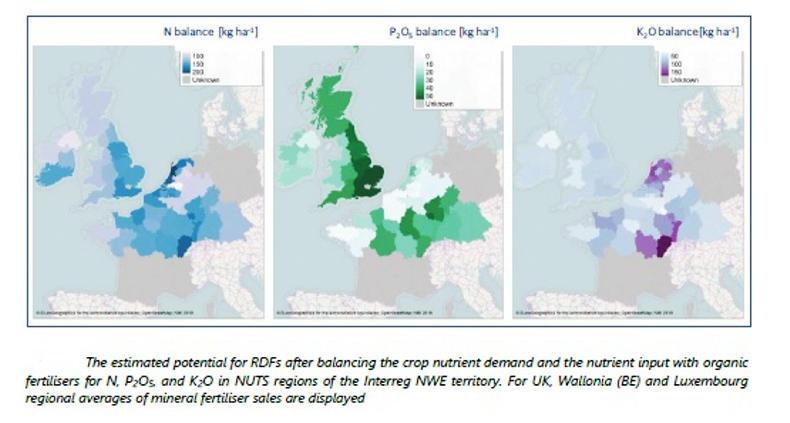
Demand for recycled nutrients across various EU regions. The blue map shows N demand, the green is P and the purple is K. \ ReNu2Farm
When the project team mapped the demand for recycled-derived fertilisers, which range from compost to liquid N fertilisers, they found potential demand in all regions.
Variation
The nutrient required varied across regions and the researchers said if fertilisers were adapted to suit certain regions and crops then there would be greater farmer uptake.
Many regions required a fertiliser concentrated in N, without any P and K. This was for use as a supplement during the growth season when a base fertilisation with NPK has already been applied.
The base fertiliser was often animal manure on grassland and cereal cropping in regions with high manure availability, such as the Netherlands and Flanders.
Farms in these regions which produced potatoes, sugar beet or other vegetables were also likely to have a demand for an NK fertiliser.
Regional
Regions with low animal manure availability, such as the north of France and southwest Germany, would likely require an NPK fertiliser, preferably with organic matter. Grassland in Ireland on nutrient-poor soils was said to require a similar product.
The ReNu2Farm project runs until 2020. It will focus on other aspects influencing whether there will be farmer uptake of recycling-derived fertilisers such as ease of use, nutrient value, and fertiliser replacement value.
A project focused on investigating the use of alternatives to synthetic fertilisers has mapped the demand for various nutrients across northwest Europe.
Cork Institute of Technology (CIT) and Institute of Technology Carlow are involved in the ReNu2Farm project, which has partners in Belgium, Germany, France, Luxembourg and the Netherlands.
Recycled fertilisers
The project aims to promote the use of recycled fertilisers alongside animal manure to reduce the current use of mineral fertilisers. The EU is heavily dependent on the import of these products.
For Ireland, CIT’s Dr Niamh Power said: “In terms of pasture, hay and silage are the main cropping areas, but more than 60% of the land is deficient in P and more than 50% deficient in K.
"This demonstrates that there is a demand for recycled-derived fertiliser in all regions of Ireland.
“However, this demand is very different depending on the grassland type.”

Demand for recycled nutrients across various EU regions. The blue map shows N demand, the green is P and the purple is K. \ ReNu2Farm
When the project team mapped the demand for recycled-derived fertilisers, which range from compost to liquid N fertilisers, they found potential demand in all regions.
Variation
The nutrient required varied across regions and the researchers said if fertilisers were adapted to suit certain regions and crops then there would be greater farmer uptake.
Many regions required a fertiliser concentrated in N, without any P and K. This was for use as a supplement during the growth season when a base fertilisation with NPK has already been applied.
The base fertiliser was often animal manure on grassland and cereal cropping in regions with high manure availability, such as the Netherlands and Flanders.
Farms in these regions which produced potatoes, sugar beet or other vegetables were also likely to have a demand for an NK fertiliser.
Regional
Regions with low animal manure availability, such as the north of France and southwest Germany, would likely require an NPK fertiliser, preferably with organic matter. Grassland in Ireland on nutrient-poor soils was said to require a similar product.
The ReNu2Farm project runs until 2020. It will focus on other aspects influencing whether there will be farmer uptake of recycling-derived fertilisers such as ease of use, nutrient value, and fertiliser replacement value.





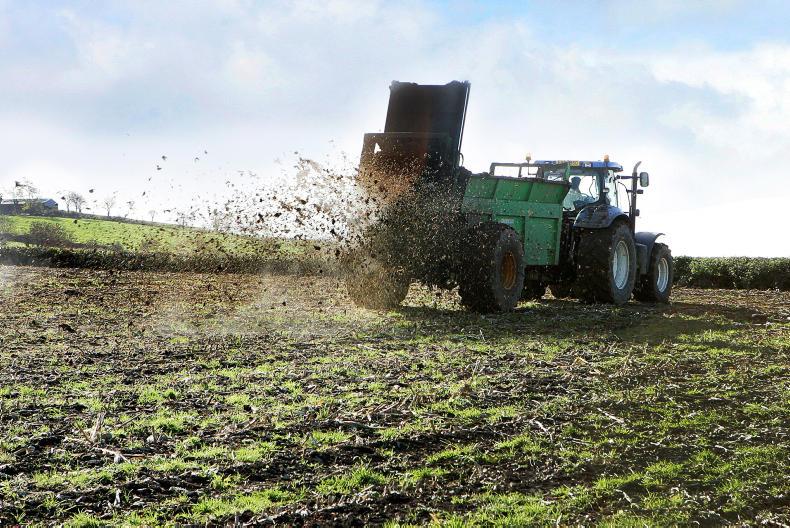
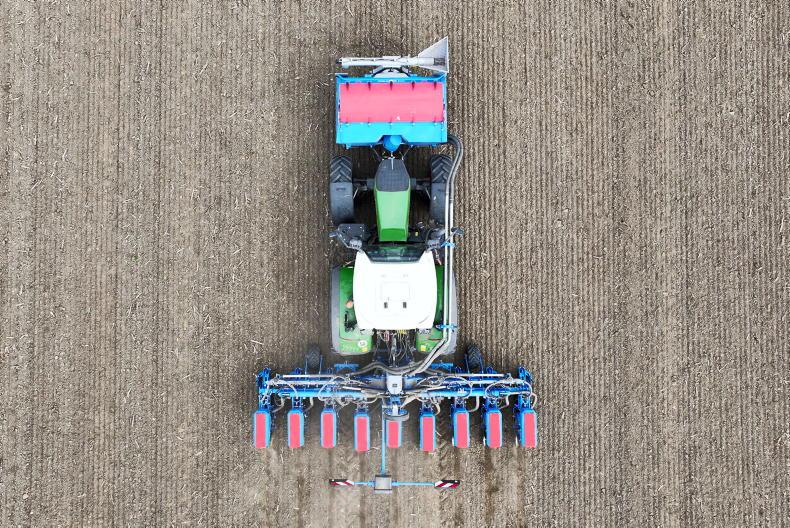

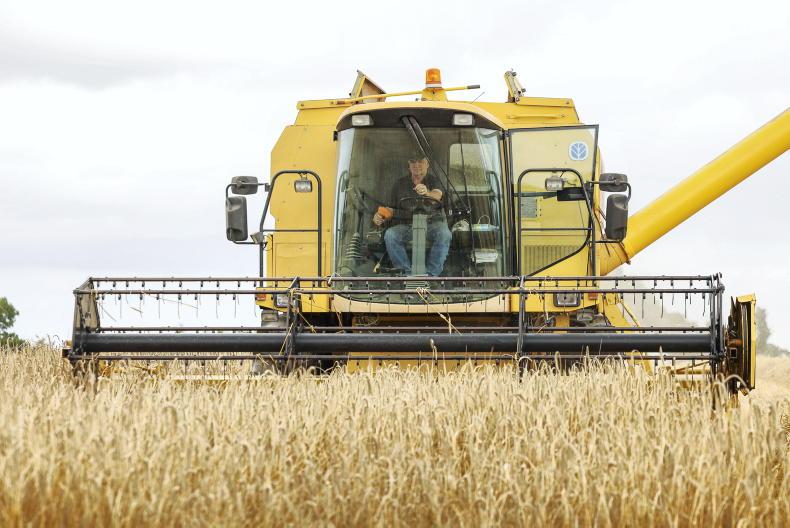
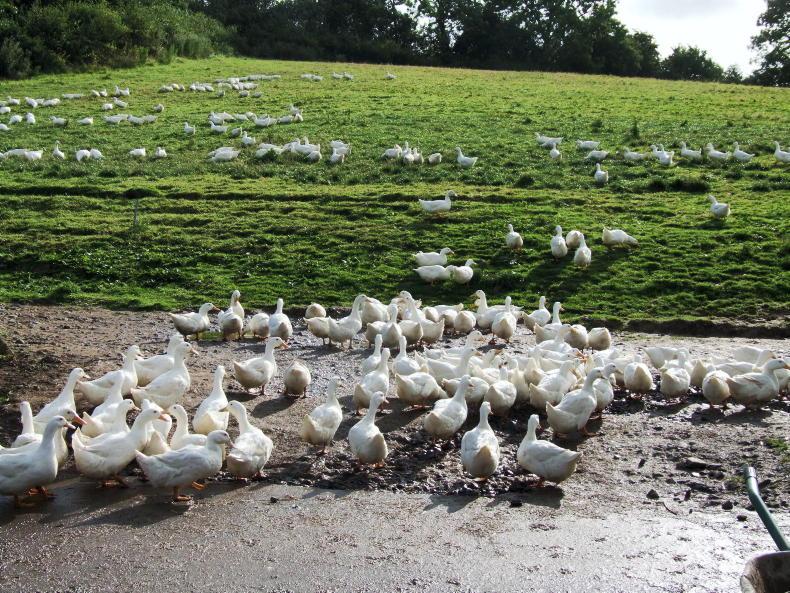
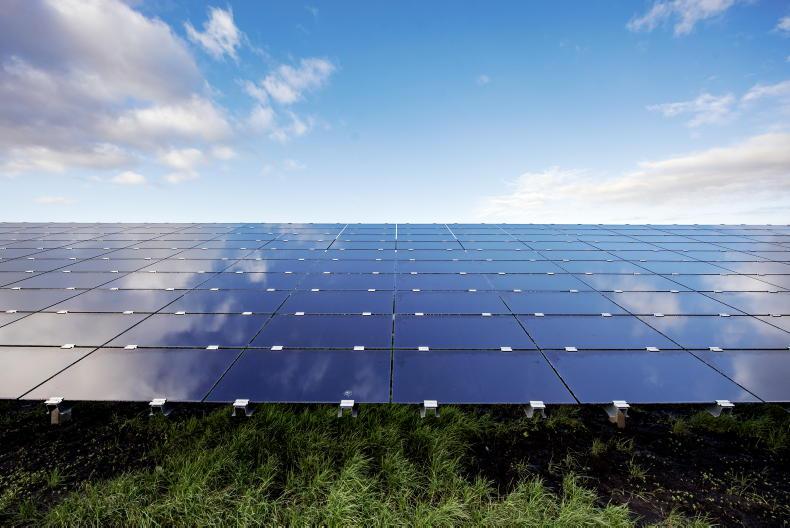
SHARING OPTIONS